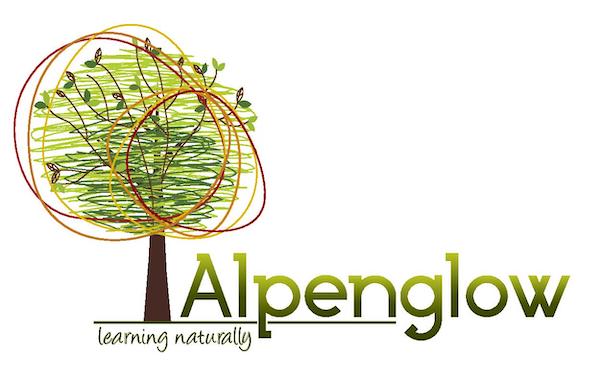Alpenglow School
|
The longer scarves and shorter days are a sure sign that winter is coming! With the most recent Thanksgiving holiday, Forest Play thought it would be an appropriate time to visit the why of gratitude. For us, giving thanks is more than an annual tradition; it is a daily practise and a “core routine” that helps children connect deeply to themselves, nature and others.
“I’m feeling grateful for the birds that we could hear as we walked to this place and for the sun shining down on us as we eat our lunch.” It is common to hear Forest Play leaders express gratitude during our afternoons with the children. By modelling giving thanks, we intend to encourage this practise to become natural for the children. We have found gratitude creates space for the children to practise empathy, improve their self-confidence and support their physical and mental well-being. It appears we’re not alone in our observations. Read more here on 7 scientifically proven benefits of Gratitude (Forbes Magazine). Upon first gathering for Forest Play, we sing a gratitude song to express “wherever you’re from, we’re glad that you’ve come” and give thanks to the gifts in our world; for ourselves, our community and our surroundings. With a few songs and stories, the children at Forest Play naturally take to the practise of gratitude and build upon its benefits with each repetition. Practicing gratitude is timeless. In an age where we are constantly receiving messages about a world that is broken, a practice of gratitude helps to remind us of the good things in life, so we may remain optimistic and positive in our daily approach to life and challenges. As winter fast approaches, we are grateful to the children for being present at Forest Play, our community for their trust and our toques for keeping us warm! Thank you for reading, Heather, Siobhan, Marlou, Dave and Heidi
0 Comments
Leave a Reply. |
Stories from the ForestAlpenglow School's Kindergarten afternoon programming works in partnership with Nature's Tracks Forest Play. Nature experiences should be fun, magical and facilitated in a way so that children feel safe and supported as they explore the edges of their world. The program is built around cycles in nature and the life stages children naturally move through. When children are connected to the natural world, they are more connected to themselves, they are happier and more hopeful. Archives
February 2020
|
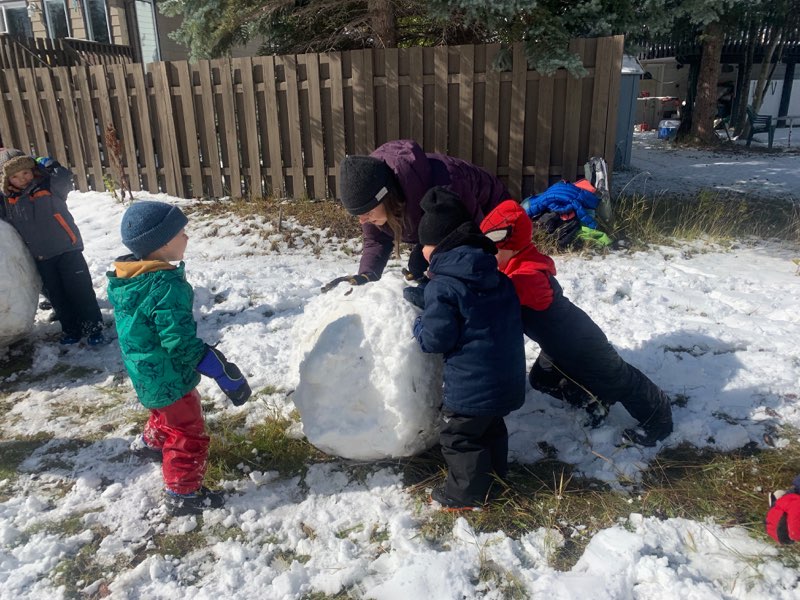
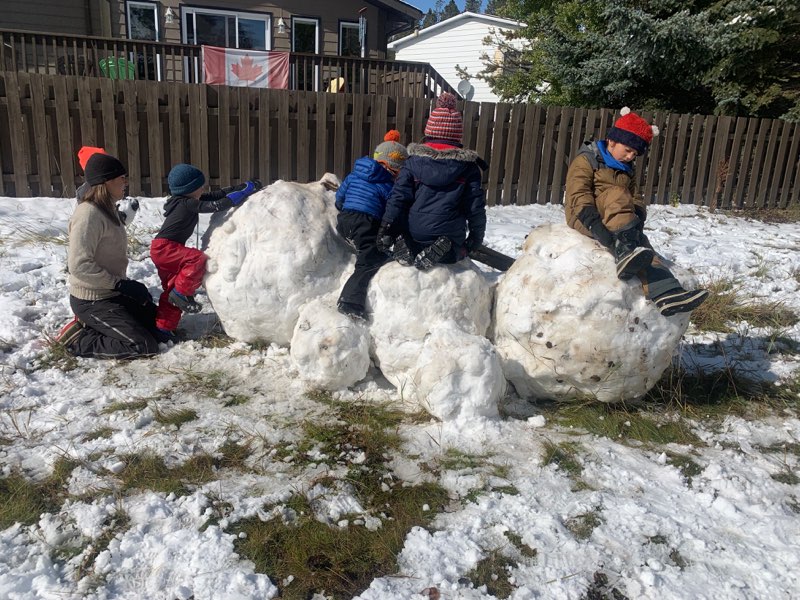
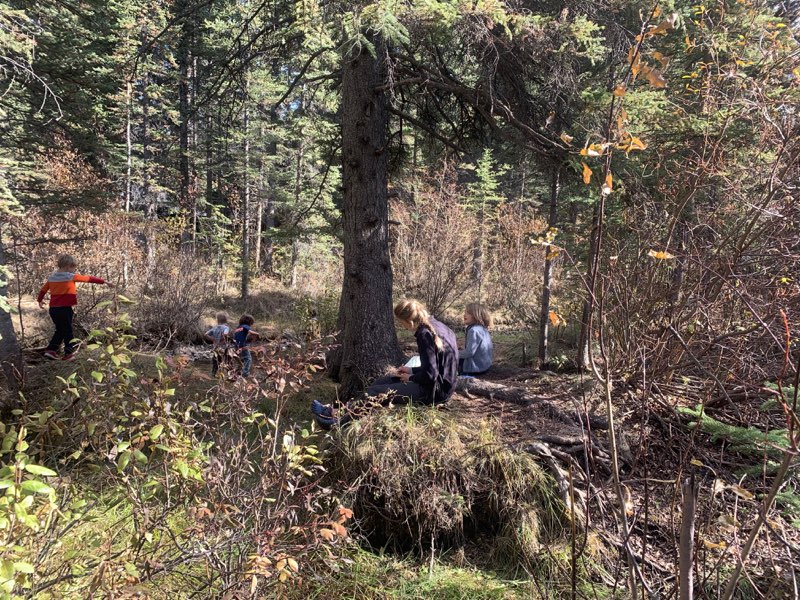
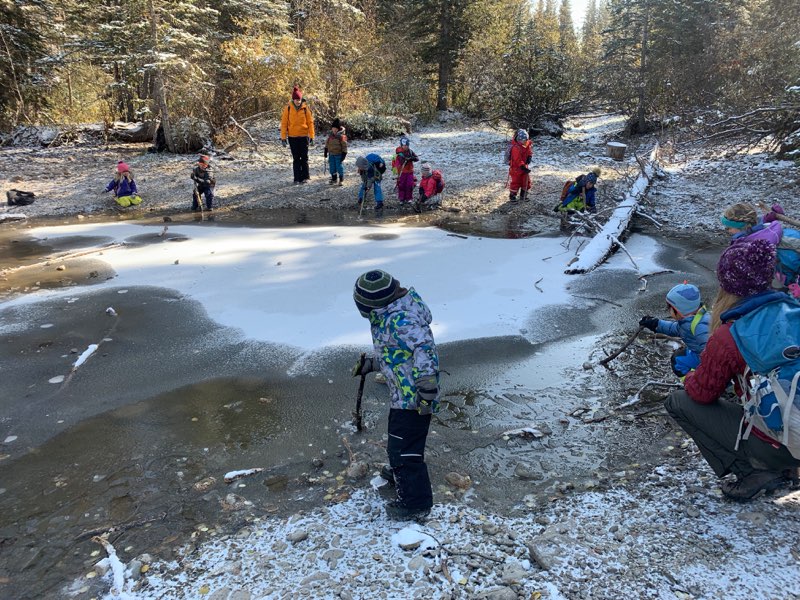
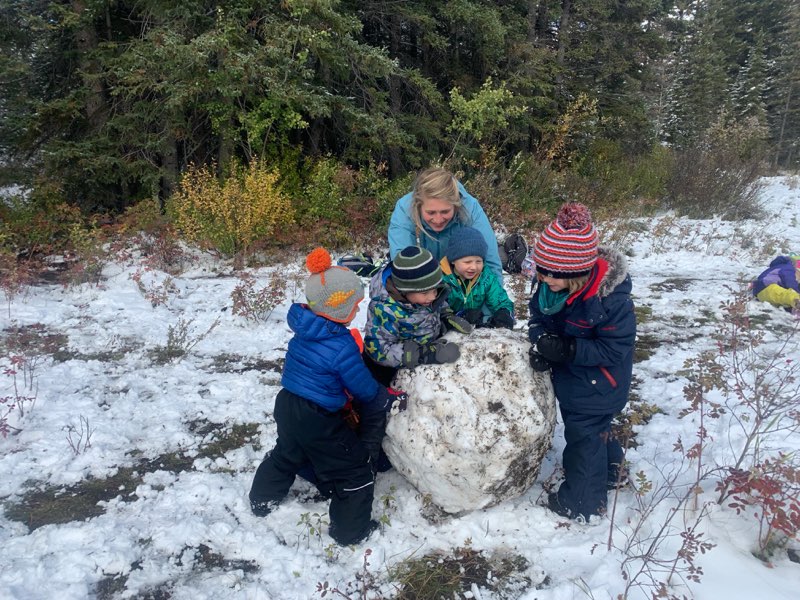
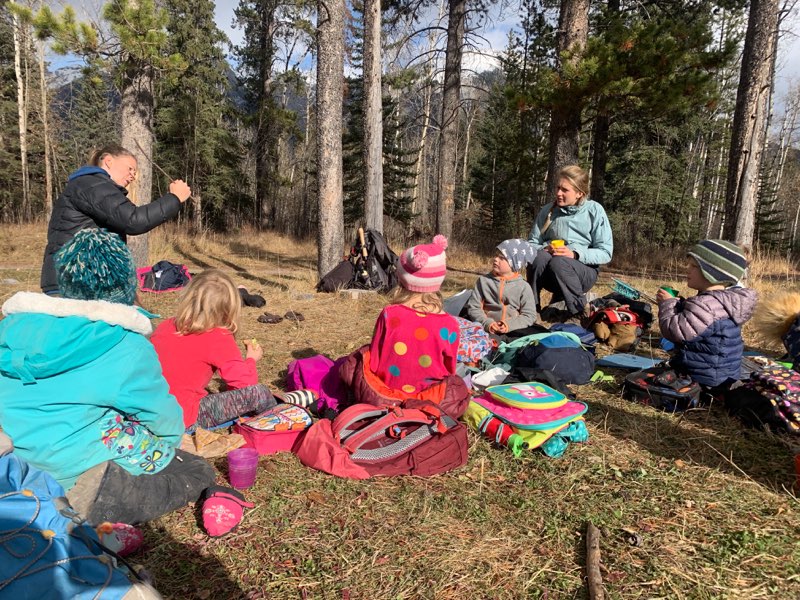
 RSS Feed
RSS Feed
